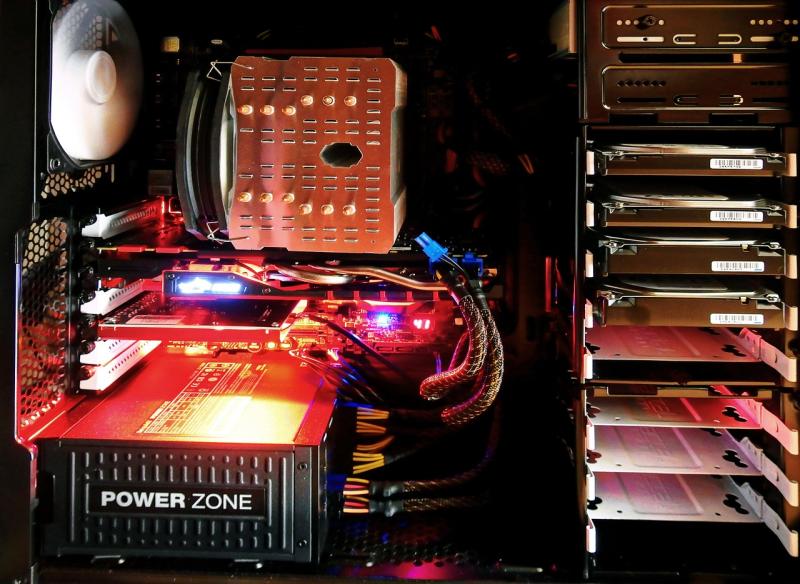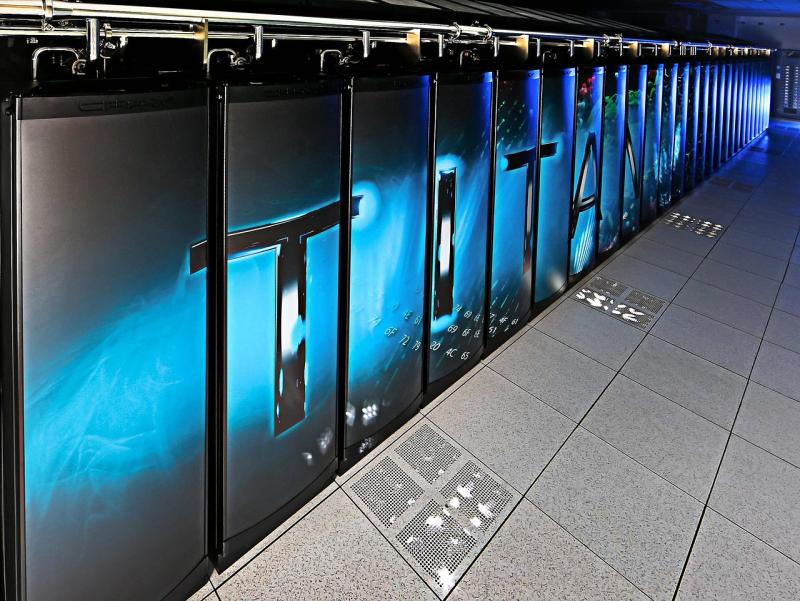**Introduction**
While liquid cooling is popular for efficient thermal management, an innovative alternative is emerging—liquid crystal cooling. Rather than relying on circulating fluids, these systems use advanced liquid crystal materials to absorb and dissipate heat passively. This article explores how liquid crystal cooling works, its technological breakthroughs, and its potential benefits for quieter, more energy‑efficient PC builds.
**Technological Innovations**
- **Advanced Liquid Crystal Materials:**
Innovative materials incorporate liquid crystals known for dynamic thermal properties that change phase at specific temperature thresholds, providing efficient heat absorption.
- **Passive Heat Dissipation:**
These systems leverage the latent heat of phase transitions to maintain stable temperatures without the need for pumps or fans.
- **Self‑Regulating Thermal Control:**
Embedded sensors and smart materials enable the system to adapt automatically to temperature changes, ensuring consistent thermal performance.
- **Hybrid Integration:**
Liquid crystal cooling can be combined with traditional cooling techniques, such as heat sinks and low‑noise fans, to create a comprehensive thermal management system.
**Applications and Benefits**
- **Silent Operation:**
The absence of mechanical pumps and fans results in near‑silent cooling, enhancing the aesthetic and practical experience in quiet work or gaming environments.
- **Energy Efficiency:**
Passive cooling reduces energy consumption compared to active cooling systems, lowering operating costs and environmental impact.
- **Enhanced Overclocking Stability:**
Rapid phase changes maintain consistent temperatures, preventing thermal throttling and ensuring reliable overclocking performance.
- **Simplified Maintenance:**
Fewer moving parts mean lower maintenance requirements and reduced risk of component failure, leading to improved system longevity.
**Future Directions**
Ongoing research will optimize liquid crystal formulations to handle even higher thermal loads and further improve passive cooling efficiency. Integration with AI‑driven thermal management systems may lead to self‑healing or adaptive cooling solutions, paving the way for a new generation of energy‑efficient PCs.
**Keywords:** liquid crystal cooling, passive thermal management, phase‑change cooling, silent PC cooling, energy‑efficient cooling, innovative cooling, overclocking stability, next‑gen thermal solutions, liquid crystal TIM
View our related products
See more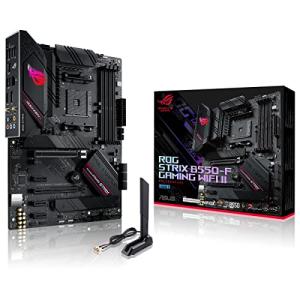
ASUS ROG Strix B550-F Motherboard
Asus
Product Review Score
4.48 out of 5 stars
227 reviews£155.99 £116.40
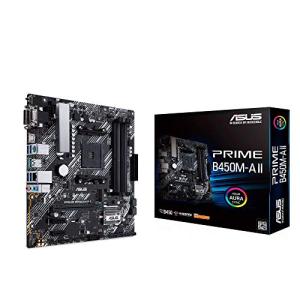
ASUS Prime B450M Motherboard
Asus
Product Review Score
4.63 out of 5 stars
137 reviews£76.99 £69.99
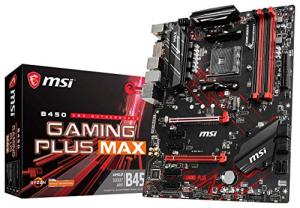
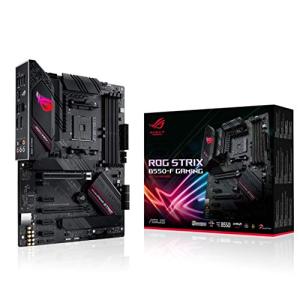
ASUS ROG Strix B550-F Motherboard
Asus
Product Review Score
4.41 out of 5 stars
170 reviews£169.99 £125.99
Liquid Crystal Cooling Solutions
Innovative Thermal Management Without Liquids
Related Articles
Essential High-Performance PC Components You Need Now
Upgrade your setup with the must-have parts for unbeatable gaming and productivity
Top Picks for Best High-Performance PCs
Find the perfect power machine for gaming, work, or creative projects
Your Guide to the Best High-Performance PCs
Find the Right PC for Your Gaming and Creative Needs
View our related products
See more
ASUS ROG Strix B550-F Motherboard
Asus
Product Review Score
4.48 out of 5 stars
227 reviews£155.99 £116.40

ASUS Prime B450M Motherboard
Asus
Product Review Score
4.63 out of 5 stars
137 reviews£76.99 £69.99


ASUS ROG Strix B550-F Motherboard
Asus
Product Review Score
4.41 out of 5 stars
170 reviews£169.99 £125.99


